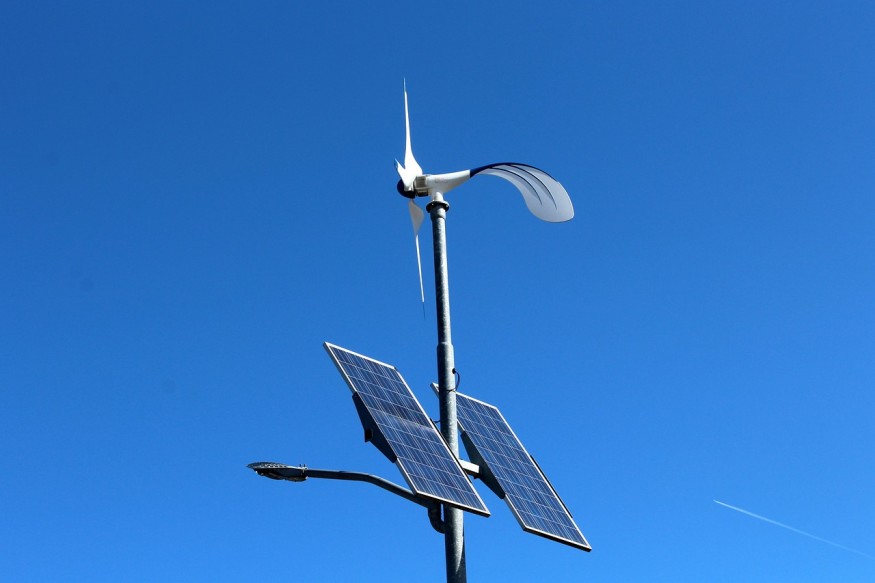Solar energy comes from the beaming rays of light and heat from the Sun, which is Earth's only known source of such natural power in our Solar System.
For years, the increasing threats posed by climate-damaging greenhouse gas emissions and fossil burning fuels have pushed some industries toward clean energy.
This is because energy from the Sun is relatively abundant and less harmful to the environment.
Considered renewable energy, solar particles from space that enter our planet's atmosphere can be harnessed through solar power plants and solar panels, which convert solar energy into electricity.
While there are instances where not all incoming energy is absorbed and converted by panels, another device can finish the job to ensure no solar resource is gone to waste, thanks to solar battery banks.
Solar battery banks, just like conventional electric power banks, can store limited amounts of energy depending on their size and capacities.
However, a solar bank absorbs energy from solar panels and potentially other sources.
Meanwhile, electric banks strictly power up from an electric outlet. Regardless, both devices can charge one's electronic gadgets.
What are Solar Battery Banks?

Solar battery banks, also called solar power banks, are generally energy storage devices for excess energy produced by solar panels, according to Forbes magazine, which reported in February that the solar devices can lighten homes during gloomy or rainy days.
In recent years, there is a growing recognition of these solar energy-dependent power banks over electric batteries or "conventional batteries" that we got used to.
Despite its efficiency, solar batteries are still relatively limited and not as dominant as their electric storage devices counterparts.
Based on reports, there are still mixed public preferences toward solar battery banks. One of the most evident reasons for this disparity is the solar battery bank's owner's need to have solar panels and other solar conduits to charge the said storage devices.
In terms of portability, electric power banks are also smaller and lighter compared to solar chargers, a feature which is essential when a person is outdoors or traveling for prolonged periods, according to the website Best Hiking.
However, just like the history of gadget technology, developers have a way of shrinking the size of electronic devices, notably laptops and desktop computers.
Also Read: Solar Energy Created with Shrimp Shells?
Renewable Energy
While possessing a solar battery bank is more of an option rather than a necessity, the world's transition to renewable energy, such as solar and wind energy, at an industry- and manufacturing-level is of paramount importance.
In the context of climate change, the United Nations assert that the only way to end the crisis is to stop our reliance on energy produced from fossil fuels like coal, oil, and natural gas.
This long-held practice is also notoriously known for greenhouse gas emissions that accelerate the natural process called the greenhouse gas effect, a phenomenon that traps solar heat in Earth's atmosphere, resulting in global warming.
Related Article : Solar Panel Efficiency May Significantly Improve After Recent Discovery
© 2025 NatureWorldNews.com All rights reserved. Do not reproduce without permission.




